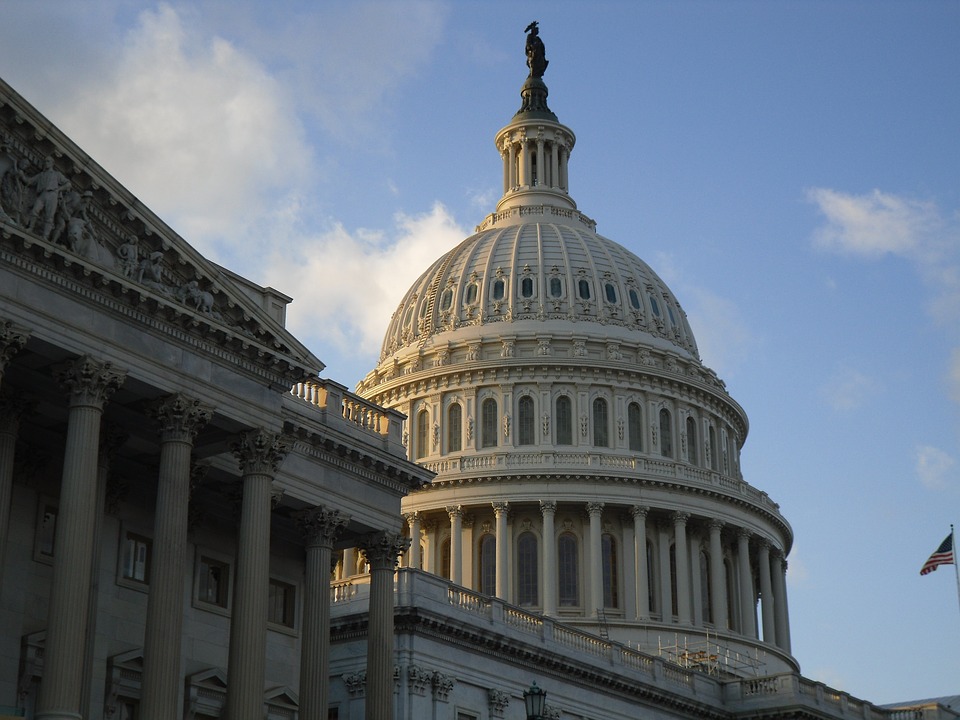Ahead of President Biden releasing his proposed FY 2023 budget, founders, entrepreneurs, and vocal leaders in the startup marketplace sent a letter on February 16th, 2022, to Nancy Pelosi, Kevin McCarthy, Charles Schumer, and Mitch McConnell. The appeal entreats congressional lawmakers to preserve and protect QSBS and its significant impact on the incentivization of the startup ecosystem and the growth of the national economy. While the President’s budget proposal does not explicitly address QSBS, Washington insiders believe the budget assumes the “pay for’s” stipulated in the Build Back Better Act will ultimately be passed, including the amendment to QSBS.
Who is behind the letter?
The driving force behind the letter is Engine, a DC non-profit policy organization that voices support for startups and entrepreneurs. Engine often takes the place of lobbyists for many early-stage companies. The organization is supported by technology companies and philanthropic organizations, ensuring that the national startup ecosystem is adequately represented and stays front-of-mind when policymakers consider legislation.
This letter to Congress makes a strong appeal on the basis that QSBS incentivizes investments within the national startup marketplace. The impending QSBS changes inside the proposed Build Back Better Act (BBBA) would take a heavy hit on tax incentives that contribute to innovative growth. Many of these investments have just begun to grow in regions of the country that were previously not receiving as much funding (i.e. areas other than New York and San Francisco). The letter reads:
“The current tax treatment of QSBS is critical for promoting growth in the startup ecosystem and contributes to the spread of investment across the country. Investment in startups has shifted to more and more places outside of large tech hubs like Silicon Valley and New York over the past decade, and QSBS helps drive this trend.”
Current and Proposed QSBS Tax Exemptions
To date, QSBS regulations within IRC Section 1202 still hold that qualified gains acquired after September 27, 2010, can benefit from the 100% exclusion up to $10 million or 10x the adjusted basis of the shares, whichever is greater.
However, if enacted, the proposed BBBA would lower the QSBS tax exemption from 100% to 50% for any gains after September 12, 2021, for taxpayers with more than $400,000 in Adjusted Gross Income (AGI) (including QSBS gains).
The existing QSBS regulations base the exemption percentage on when the stock was acquired (i.e. 100% exclusion for stock acquired after September 27, 2010, 75% exclusion for stock acquired between February 17, 2009, and September 27, 2010, and 50% exclusion for stock acquired between August 10, 1993, and February 18, 2009). These dates would remain applicable, but if the AGI threshold is surpassed, then the 50% exclusion will automatically apply.
QSBS and Economic Growth in the Startup Ecosystem
Policy manager at Engine, Nathan Lindfors, expressed in a recent statement how significant he believes QSBS is to founders and early employees of startups as they continue to work towards growth in this economic climate:
“Last fall, when changes to QSBS were included as a ‘pay-for’ in the Build Back Better legislative package, we started hearing concerns from startups about how the change would impact them.”
Lindfors went on to express how important it is for leaders in the startup ecosystem to stay current on proposed legislative changes despite the lull in policy movement:
“While that legislative effort is not moving forward at the moment, it is important that Congress hears from the startup community about the importance of QSBS.”
Join our coalition to stay informed on the latest proposed BBBA legislation news and to support the economy-boosting components of the QSBS tax code. Together, we can work to protect our growing national startup market and support a healthy economy.
While the proposed BBBA legislation is at a standstill, consider reaching out to your state senators and representatives to voice your concern and desire to protect our nation’s startup ecosystem.
This article does not constitute legal or tax advice. Please consult with your legal or tax advisor with respect to your particular circumstance.

